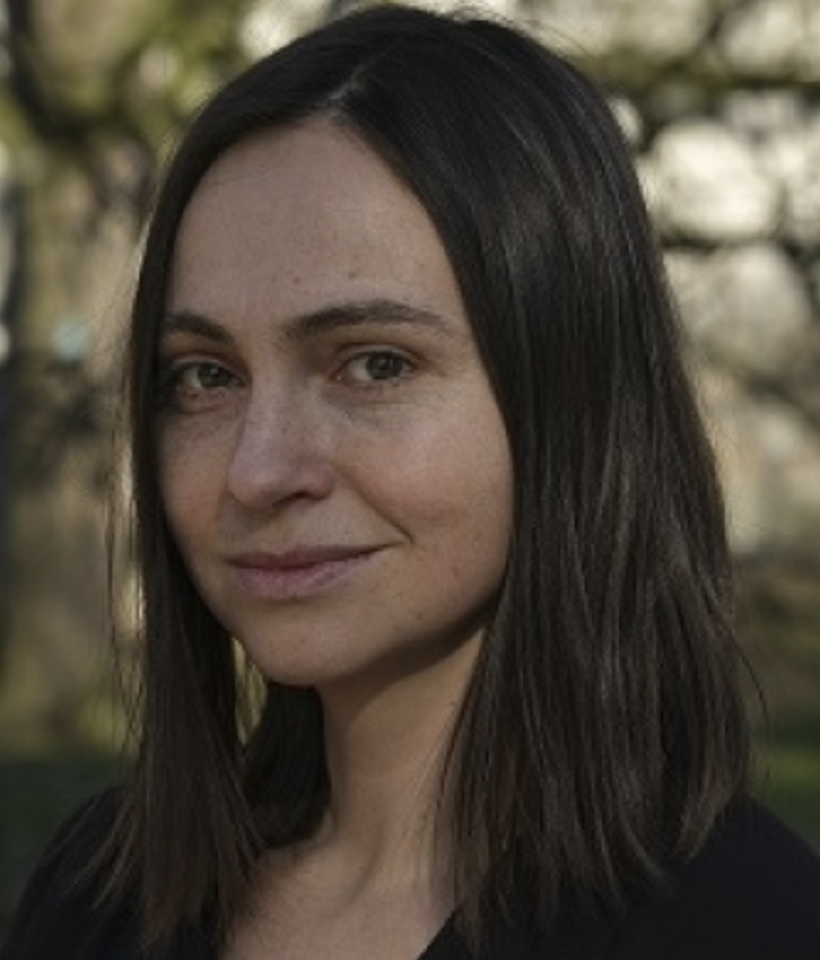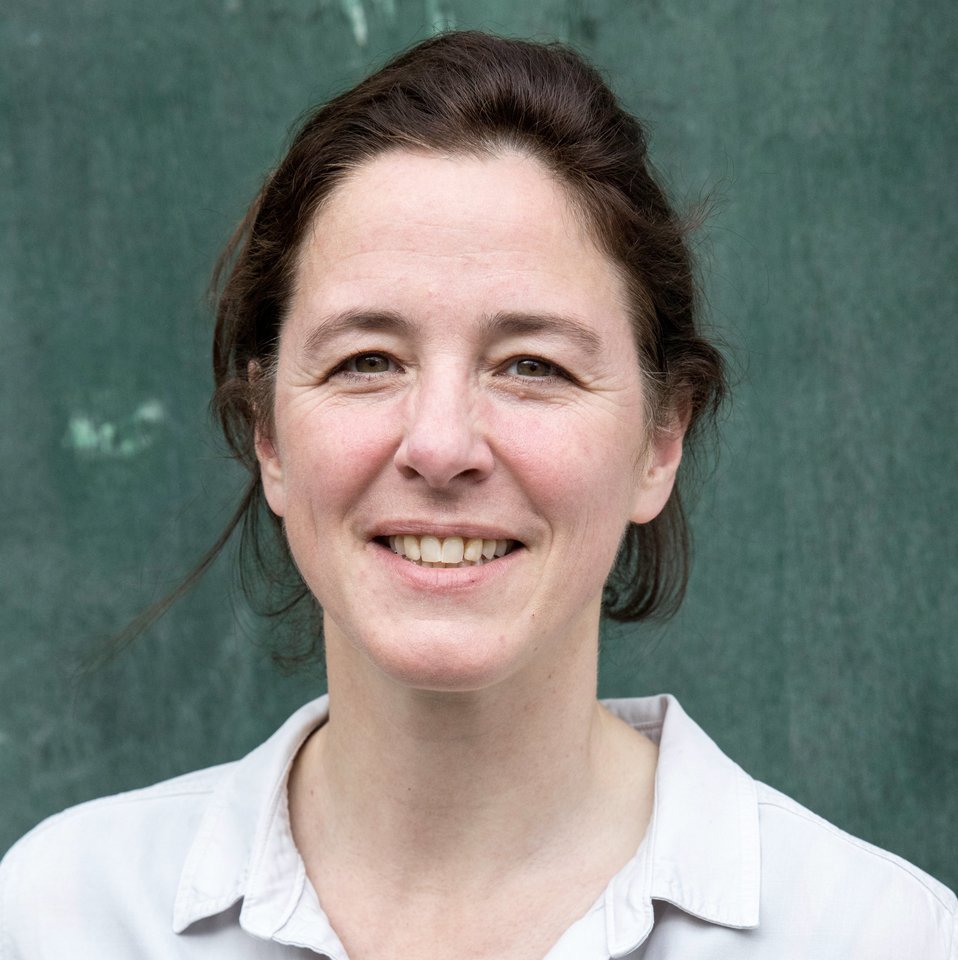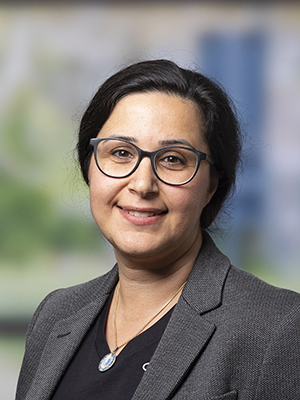Anticancer
ANTICANCER: Game Theory Empowered by Data Science and Control Theory to Improve Treatment of Metastatic Cancer
Dutch Principal Investigator: Kateřina Staňková, Kailas Honasoge & Laura Jansén-Storbacka (meet the team)
TPM principal investigator: Kateřina Staňková
PhD candidates: Kailas Hanasoge, Laura Jansén-Storbacka, Eva Molnárová
Other TPM staff members involved: Irene Grossmann, Sepinoud Azimi Rashti, Roel Dobbe
Planned period: January 2023 – December 2027
Project summary: This research investigates novel game theoretic models and combines these with data science and control theory to improve standard of care in cancer treatment. With these models a physician will be able to anticipate the cancer cells’ response to the treatment and subsequently steer the eco-evolutionary dynamics of the cancer cells towards better patient outcomes. This research will in particular focus on metastatic non-small cell lung cancer and patients within START-TKI trial. The methodology itself will also be applicable for treatment of other diseases and in domains where we attempt to preserve or contain evolving resources (e.g., pest management, fisheries management, antibiotic resistance management).
About the project
Standard of care in metastatic cancers typically applies Maximum Tolerable Dose (MTD) of treatment (or treatment combination), continuously or in repeated identical cycles, until unacceptable toxicity, cancer progression, or cure. Cure is rare, due to treatment-induced therapy resistance. My recent research helped to explain why MTD fails and to design first evolutionary therapies: therapies that anticipate and steer treatment-induced resistance in cancer cells.
Our research introduces the concept of mathematically-sound, Stackelberg evolutionary games (SEGs) as games between a rational leader (e.g., physician) and evolutionary followers (e.g., evolving cancer cells). In preliminary work for this research, we explored specific game dynamics and their impact on equilibrium properties and treatment outcomes, focusing on SEGs with scalar traits only.
Here we will develop SEG theory with vector-valued traits and application in treatment of metastatic Non-Small Cell Lung Cancer. The VIDI team will (i) analyze the stability properties of followers’ evolutionary games (ii) find either constant or dynamic Nash and Stackelberg strategies for the leader, leading to either reaching safe stable equilibria or avoiding unsafe regions for as long as possible, and (iii) apply the SEG theory in optimizing treatment for patients with Stage IV Non-Small Cell Lung Cancer with mutations treated with various tyrosine kinase inhibitors and chemotherapy, based on their past treatment/tumor data. We will find treatment regimens stabilizing tumor volume and/or avoiding cancer progression. We will then investigate which of these regimens optimize various treatment objectives, jointly decided by patient and physician. We will propose likely treatment scenarios per objective and tumor characteristics.
While focus of this VIDI is on one aggressive cancer, the mathematical methodology developed will be applicable in treatment of other diseases, and in all domains where we attempt to preserve or contain evolving resources, such as in pest management, fisheries management, or antibiotic resistance management.



